The 2024 Legislative Session will complete its first stage this week as the deadline for policy bills to come out of committee is Friday, March 22. As I wrote on my blog post from earlier today, the Senate Education Policy Committee will be releasing their version of the omnibus education policy bill tomorrow and taking testimony on the proposal. The bill is 97 pages long, which is up about 30 pages from the Governor’s omnibus education policy proposal. I am in the process of combing through the proposals looking for the additional material in the Senate version of the bill and should be able to provide that information after reviewing the two bills. One major provision not in the Governor’s bill that is in the Senate proposal is clarification of rules surrounding student newspapers. Here is a link to the Senate’s strike-everything amendment that will now become the Senate’s omnibus education policy bill: SF 3567 Strike Everything Amendment.
The House will be releasing its version of the omnibus policy bill on Tuesday, but the document is not available as of yet. The House will be taking testimony and considering amendments at their Wednesday hearing.
With the policy provisions meeting their respective deadlines, the focus will now turn to finance proposals. The Governor will be releasing his supplemental budget tomorrow and that will set the initial parameters for the discussion going forward. The House and Senate Education Finance Committees will continue to hear bills as they have another month to construct the finance bills that will accompany the policy provisions.
The bill that SAFF followed most closely last week was HF 4117, Representative Matt Norris’ bill that would increase Local Option Revenue from $724 per pupil unit to $920 per pupil unit and allow districts to add their unreimbursed costs related to unemployment insurance for between-term employees and paid family medical leave to the new amount. The bill also proposes to increase the equalizing factors for both Local Option Revenue and the Operating Referendum. The equalizing factors have greatly eroded over the past three decades and at least starting the discussion about raising those numbers is important.
Hope to see many of you at regional meetings in the next couple of weeks.

